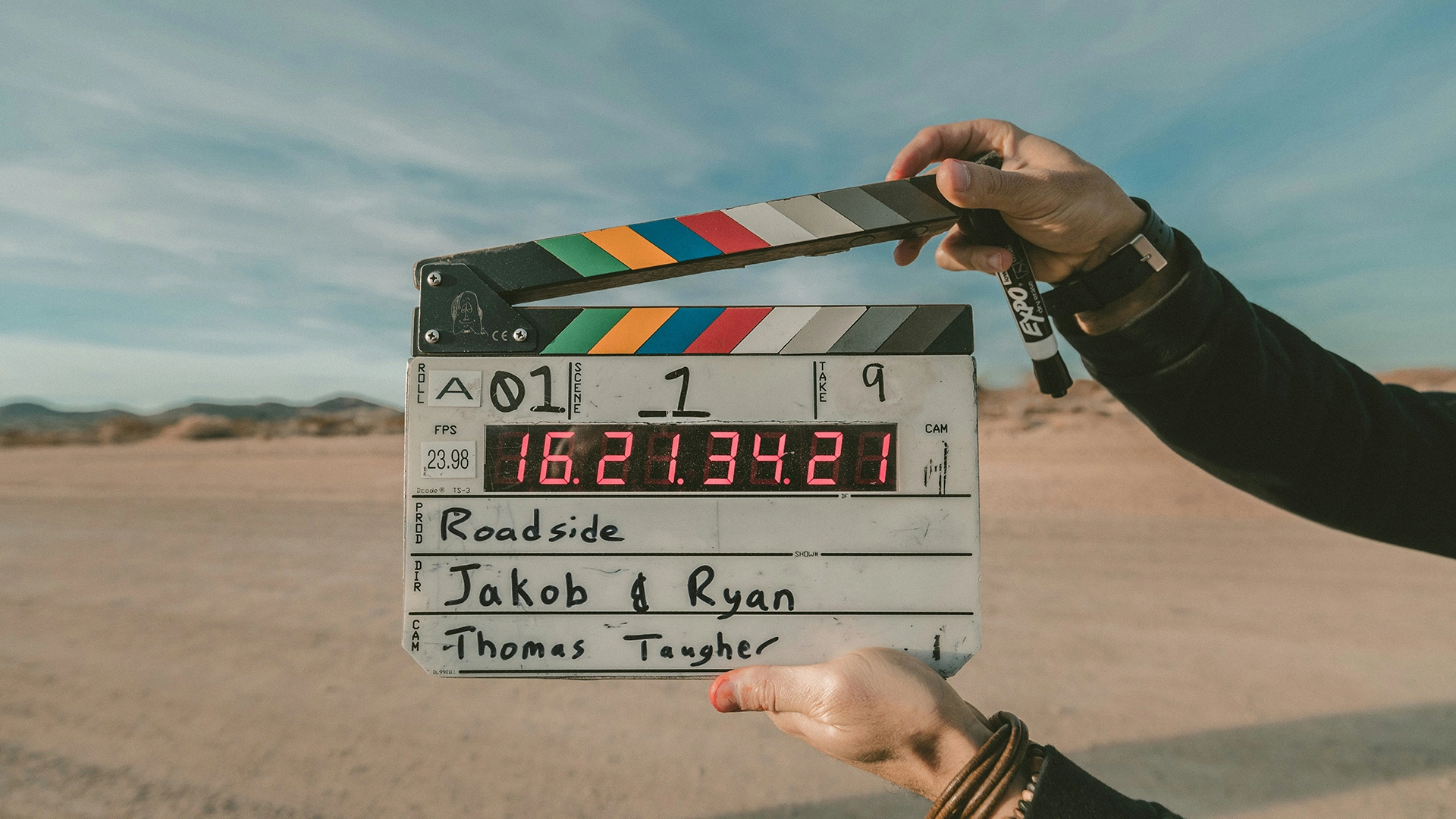
Image by Jakob Owens, from Unsplash
YouTube Demonetized AI-Generated Fake Movie Trailers
YouTube has taken action against two major fake movie trailer channels, Screen Culture and KH Studio, by disabling their ability to earn ad revenue.
In a rush? Here are the quick facts:
- YouTube demonetized Screen Culture and KH Studio for misleading AI-generated movie trailers.
- YouTube requires creators to significantly alter borrowed material to avoid misleading content.
- Some Hollywood studios allowed AI trailers to generate revenue instead of enforcing takedowns.
The action follows an investigation by Deadline, who looked into two YouTube channels which produce fake movie trailer content through AI visual effects resembling official film promotion materials.
Deadline explained that Screen Culture operated by Indian owner Nikhil P. Chaudhari has become highly successful through its authentic trailer videos that attract millions of viewers and earn substantial advertising revenue.
The channel generates authentic teasers for upcoming films by adding AI-made effects to actual movie footage. Similarly, KH Studio creates fictional alternate versions of popular films.
As the head of a dozen editors Chaudhari states that his channel exists to produce “videos that were as close to an official trailer as a concept trailer could be,” he said, as reported by Deadline. However, the channel’s rapid success has also raised concerns about misleading audiences.
Indeed, Screen Culture has seen its subscriber base and view count grow exponentially to reach 1.4B views and 1.4M subscribers during the last two years. The platform generates millions of dollars in ad revenue but Chaudhari from India did not disclose the exact amount of his earnings, as noted in a new report by Deadline.
As a consequence of this investigation, YouTube chose to demonetize these channels because their policy requires creators must “significantly” change borrowed material in order to make it original.
The platform establishes a rule against any content that tricks viewers through manipulated footage.
KH Studio’s founders defended itself stating that : “I’ve been running KH Studio full-time for over three years now, putting everything into it. It’s tough to see it grouped under ‘misleading content’ in the demonetization decision, when my goal has always been to explore creative possibilities – not to misrepresent real releases,” they said, as reported by Deadline.
Despite these rules, Deadline discovered that some Hollywood studios, including Warner Bros. Discovery and Sony have not enforced copyright takedown notices on these AI-generated trailers despite their rules. The studios declined to comment.
The problem of fake movie trailers has persisted for multiple years because AI technology now provides the means to produce realistic high-quality video content. The creators such as Chaudhari see their activities as promotional tools but the critics maintain these promotional materials dilute traditional marketing and lead audiences astray, as noted by Deadline.
Recently a viral fan-made trailer that reimagines The Lord of the Rings through Studio Ghibli animation style was produced using AI technology. Viewers praised its creative approach, but the development sparked new worries about AI-generated content ethics when it duplicates established artistic styles.
The YouTube crackdown on Screen Culture and KH Studio forces the platform to confront fundamental questions about AI’s place in entertainment production and digital content ethical limits.


 Previous Story
Previous Story

 Latest articles
Latest articles 

Leave a Comment
Cancel